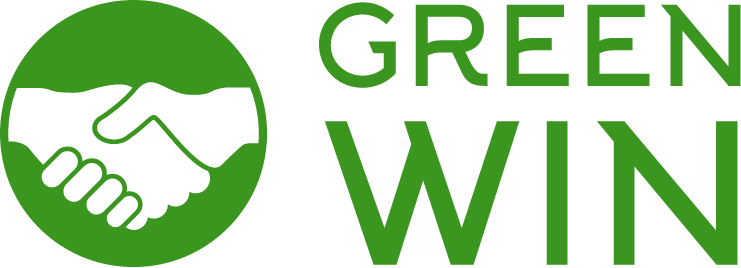Summary of field visit event in 2nd Bioenergy International Workshop, Bali, Indonesia
By Novelita W. Mondamina, Auditya Sari, Laksmi Pratiwi, Arti Indallah
On the first day (22nd May 2017) of Bioenergy International Workshop event, GREEN-WIN Work Package 7 (WP7) Indonesia case-study together with Work Package 3 (WP3) and TRANSrisk team project did a field visit to Jembrana, West Bali, Indonesia. The aim is to picture how biogas support livelihood of smallholders. Also, to see the opportunity for incentivizing biogas usage by link it to money-making activity through community-based project with coffee farmers. More detail is here.
The visit was completed by spending time with two farmers: I Gusti Chakra as the coffee farmer and Ketut Windya as the cacao farmer who already used biogas system for cooking process, lamp, and tried to do roasting process for coffee, also with biogas. The selection process of these farmers was initiated within “Championship Approach” method. It means that the farmers are already well-known in their living area due to their experience as Head of Subak and have higher chance to be followed by other farmers. As a result, this information about the benefit of biogas and the opportunity to link it with coffee processing could be widely disseminated.
As the end-users of biogas, the farmers have different type of installation, which is interested to be viewed. I Gusti Chakra has fixed-dome biogas installation, built within collaboration with BIRU Program of Yayasan Rumah Energi with size 4m3. Within the visit, participants also tried to roast coffee with biogas which is more environmental friendly than using LPG or firewood. On the other hand, Ketut Windya has a removable biogas bag, designed by GREEN-WIN Indonesia case and su-re.co team with similar size. These two different types of biogas system are installed as pilot project for experimenting mix feedstock between animal manure and organic waste. The cacao pod was chosen as biogas feedstock because the farmer has problem with their waste management.
Design of removable biogas bag has several benefits compare with fixed-dome type, such as easy to install and remove when the system is no longer be used or need further repair or move to other potential places of installation. Within the field visit, it can be seen that application of biogas can be used not only as an alternative for cooking fuel and electrify a lamp but also as the way to provide additional activity to provide higher income, in this case roasted coffee beans by biogas. Also, this field visit was also an initiate survey for WP3 for collaborating project with WP7 particularly about diffusion biogas system network in Indonesia.
